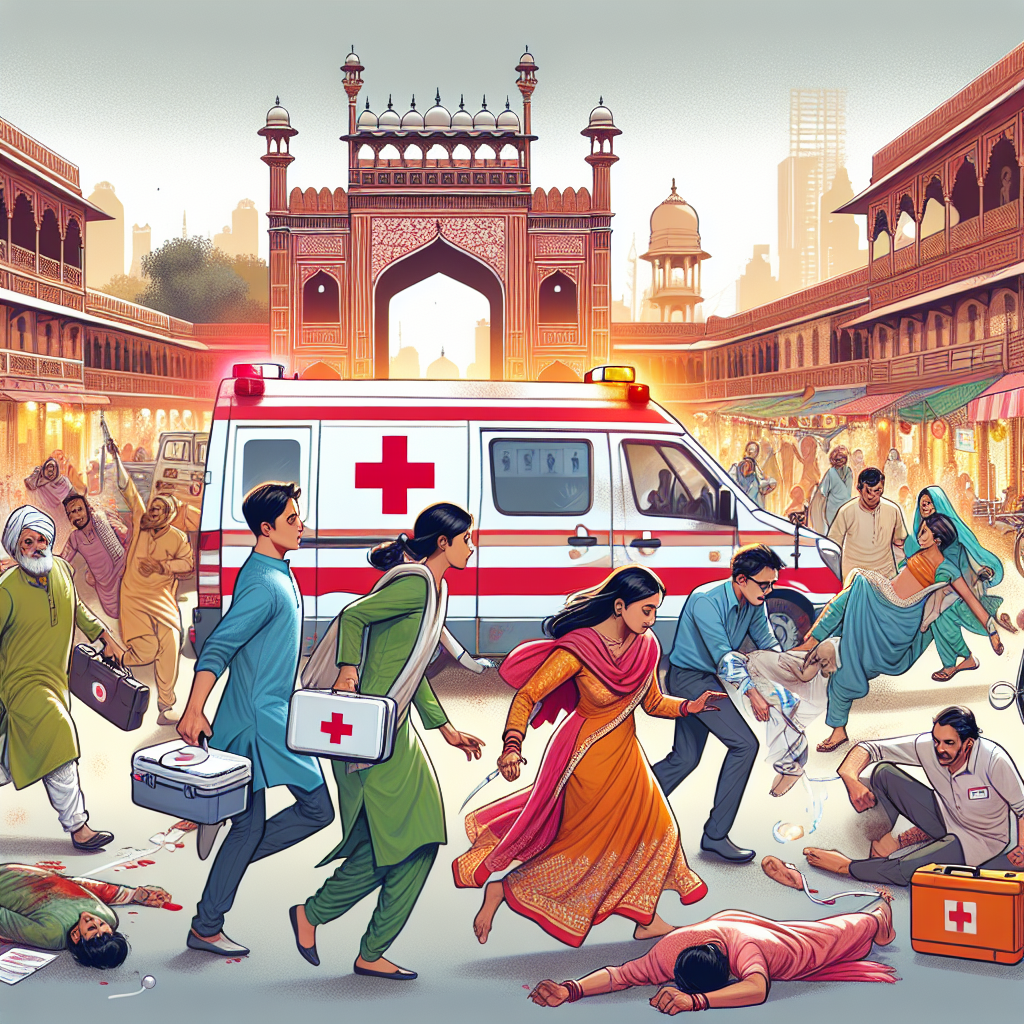Remembering 1975 Emergency: Darkest Chapter in India's Constitutional History
President Droupadi Murmu termed the 1975 Emergency as the darkest chapter of India's constitutional history. Despite this, the country triumphed over unconstitutional forces. Various dignitaries, including the Prime Minister and Vice President, have highlighted the importance of recognizing this period to ensure it never recurs.

- Country:
- India
President Droupadi Murmu on Thursday described the Emergency imposed in 1975 as the 'biggest and darkest chapter' in the history of India's Constitution. She highlighted the nation's triumphant struggle against unconstitutional forces.
In a joint Parliament session after the formation of the 18th Lok Sabha, President Murmu emphasized the foresight of the Constitution's drafters against international skepticism about India's success. She lamented the numerous assaults on the Constitution, most notably the 1975 Emergency, which left the whole country outraged but resilient.
President Murmu asserted that the government views the Constitution not merely as a governance framework but as an integral part of public consciousness, marked by the celebration of Constitution Day on November 26. The Constitution now fully applies to Jammu and Kashmir, following the abrogation of Article 370.
Other leaders, including Vice President Jagdeep Dhankhar, Prime Minister Narendra Modi, and Lok Sabha Speaker Om Birla, have echoed her sentiments. Dhankhar assured that such an event will never happen again, recognizing the oppressive measures during the Emergency. Modi labeled it a black spot in parliamentary history, while Birla condemned it as an attack on democracy.
(This story has not been edited by Devdiscourse staff and is auto-generated from a syndicated feed.)
ALSO READ
France's High-Stakes Election: A Battle for Power and Democracy
Govt Launches 'Freedom and Democracy Bus' to Celebrate 30 Years of Democracy
Odisha Celebrates President Droupadi Murmu's 66th Birthday
Prime Minister Modi Lauds Indian Democracy on Historic Varanasi Visit
Removal of statues arbitrarily, without consultation, violates basic spirit of our democracy: Mallikarjun Kharge to LS Speaker, RS Chairman.










